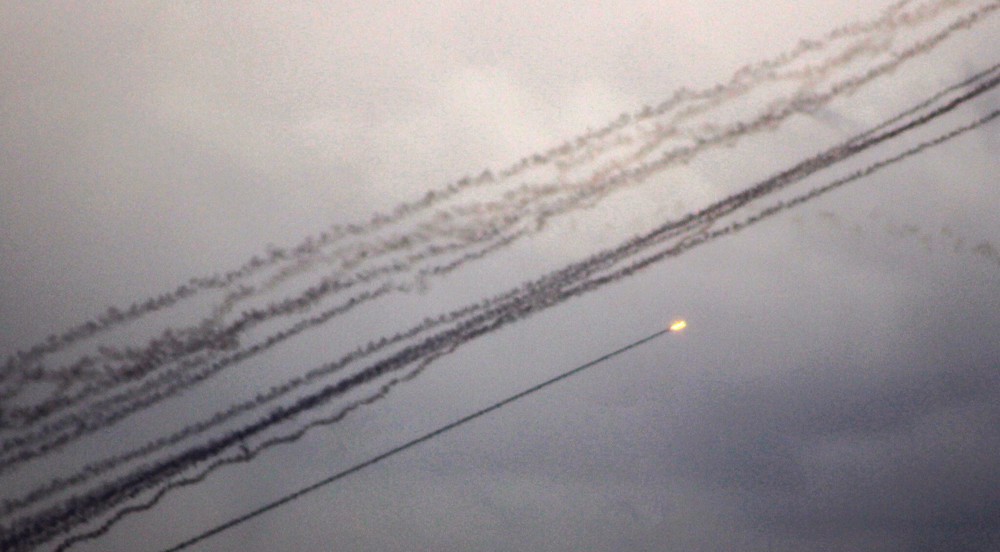Lebanon FM lodges complaint against Saudi online newspaper over fake news
Lebanese Foreign Minister Gebran Bassil has filed a complaint against a Saudi Arabic-language online newspaper after it falsely claimed that he had held a clandestine meeting with a high-ranking Israeli official in the Russian capital city of Moscow.
Bassil lodged the complaint with the General Prosecutor's Office on Thursday against the owner of London-based Elaph news portal, and brought charges of defamation and slander against the defendant.
The report “greatly damaged the reputation of the plaintiff in addition to his political and social status as it accused him of contacting and communicating with the Israeli enemy,” the complaint read.
Meanwhile, sources at the Lebanese Foreign Ministry have categorically denied the report, describing it as “fabricated.”
Antoine Constantine, a senior communication advisor to the Lebanese foreign minister, also told Beirut-based Arabic-language al-Mayadeen television news network that “the report of the alleged meeting between Bassil and an Israeli official is outrageously funny.”

“The report is aimed at undermining the Lebanese government's position, which defends national rights and Bassil's efforts to weather (US President Donald) Trump's decisions. We will begin to take legal actions against the publishers of the report, who are part of malicious campaigns against Lebanon,” Constantine pointed out.
In late October 2018, Trump’s administration imposed a new round of sanctions on the Lebanese Hezbollah resistance movement, targeting individuals and international organizations that do business with the group.
Trump signed the sanctions legislation – known as the Hezbollah International Financing Prevention Amendments Act 2018 – against the resistance group.
"Over the past year, we have levied the highest sanctions ever imposed on Hezbollah – in a single year, by far. Just a few moments ago, I signed legislation imposing even more hard-hitting sanctions on Hezbollah to further starve them of their funds. And they are starving for them," Trump said during an event in Washington, DC, that marked the 35th anniversary of an attack on US marine barracks in the Lebanese capital of Beirut.
This is not the first time that Lebanon has filed a complaint against measures taken by US' regional allies to target the country.
Late last year, Lebanon lodged a complaint with the United Nations against Israel’s hacking into the country’s telephone network.
Lebanese Ambassador to the UN Amal Mudallali, in a letter sent to the UN Security Council, said that Beirut condemned in the strongest possible terms the political and diplomatic campaign being waged by the Israeli regime.
“That campaign is being accompanied by a number of extremely serious acts, of which the most recent is that Israel has breached the Lebanese communications grid by hacking into the telephone network and sending recorded messages to peaceable civilian inhabitants of the southern part of the village of Kfar Killa warning them of imminent explosions to take place on Lebanese territory that might put their lives at risk,” the letter said.
Mudallali then called on the UN Security Council to “take all measures necessary to confront this systematic campaign being waged by Israel and Israel’s ongoing violations of Lebanese sovereignty, which are a threat to the security and stability of the entire region.”
US vetoing of Gaza ceasefire resolution ‘disgraceful’: Iran’s UN envoy
VIDEO | IAEA adopts anti-Iran resolution tabled by E3
VIDEO | Iran's president urges Pope to help end Israel's onslaught in Gaza
Iran's senior legal official: ICC arrest warrant for Netanyahu ‘great victory'
Nov. 21: ‘Axis of Resistance’ operations against Israeli occupation
VIDEO | Israeli forces storm West Bank’s Jenin again, target civilians
Iran activates advanced centrifuges after IAEA's 'unjust' resolution
VIDEO | Press TV's news headlines













 This makes it easy to access the Press TV website
This makes it easy to access the Press TV website